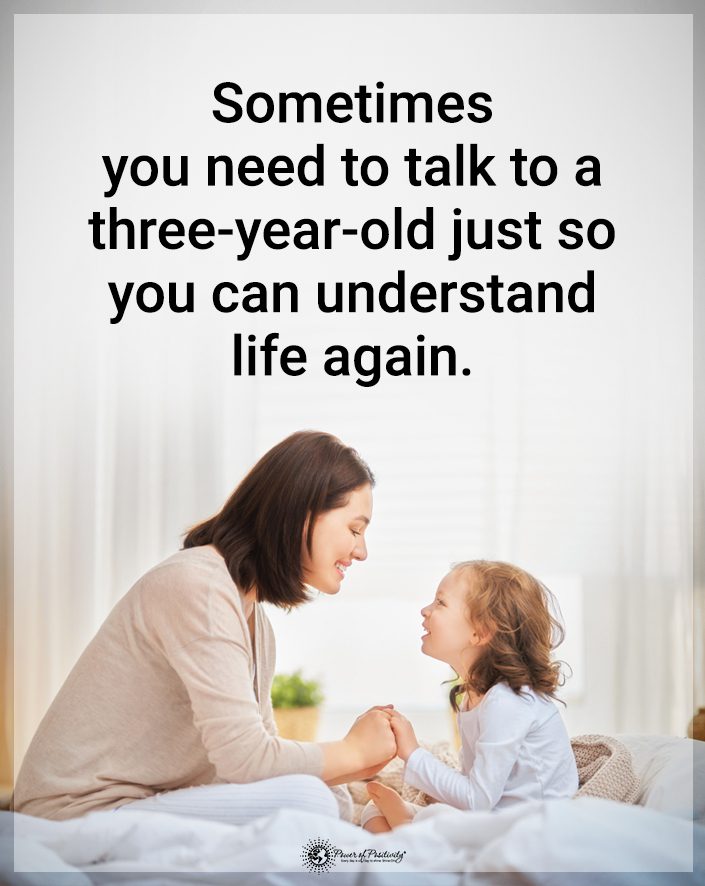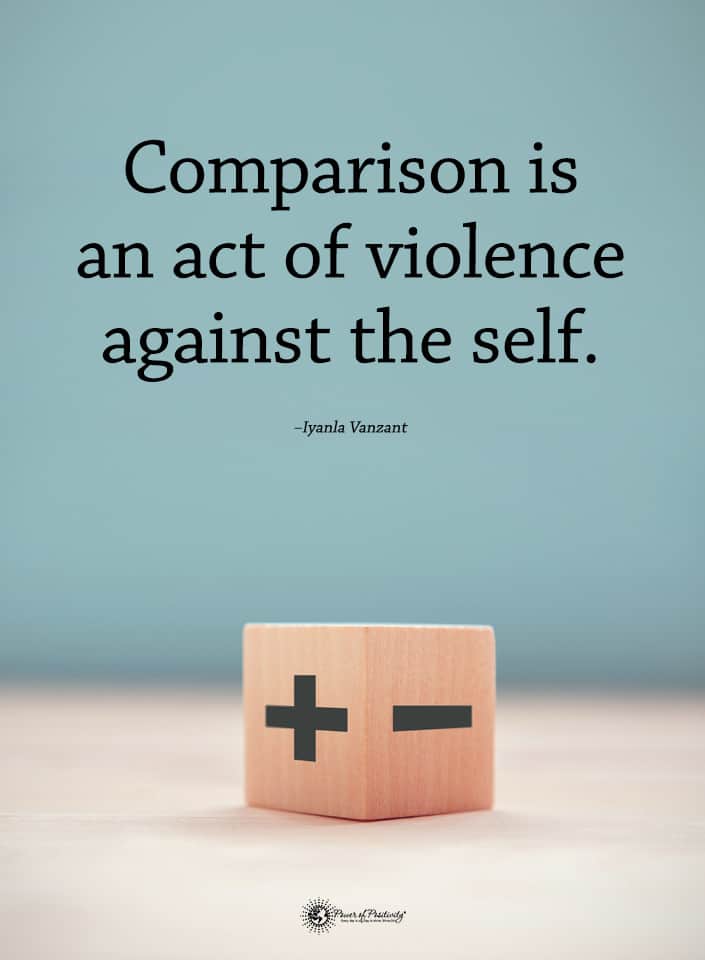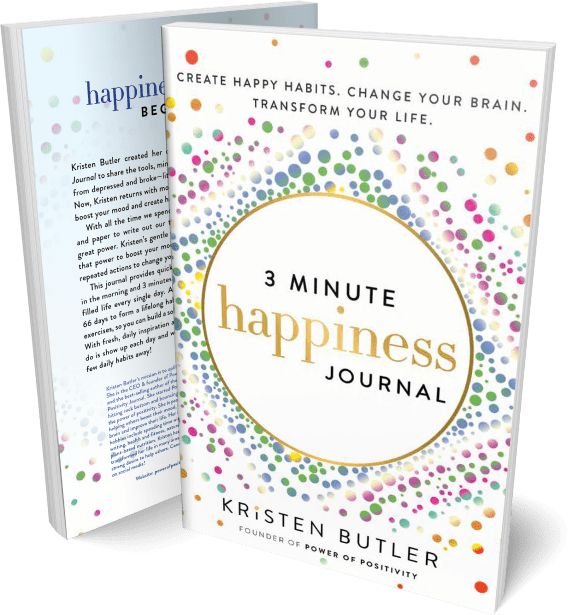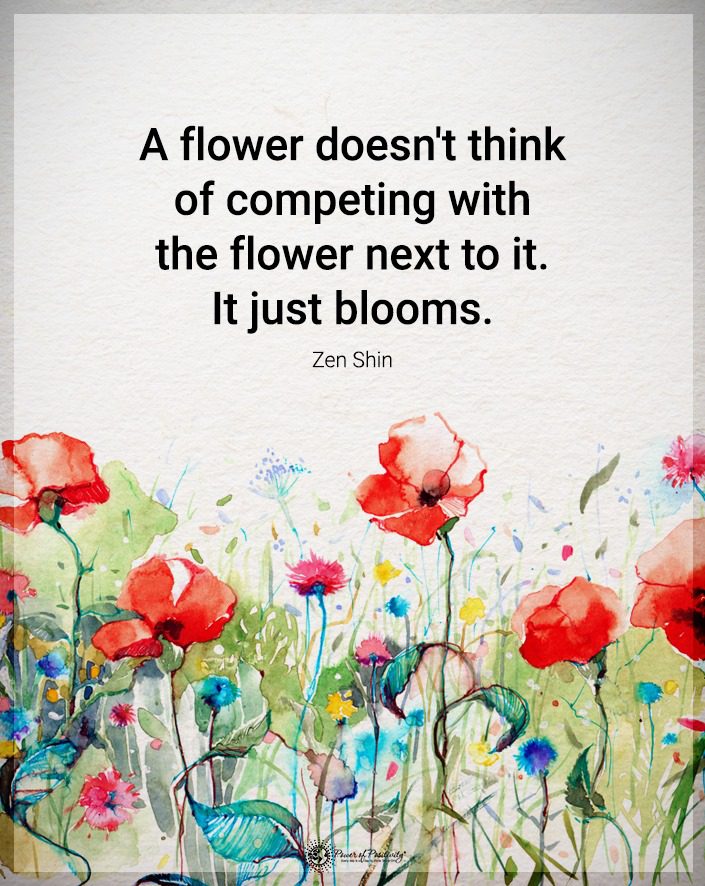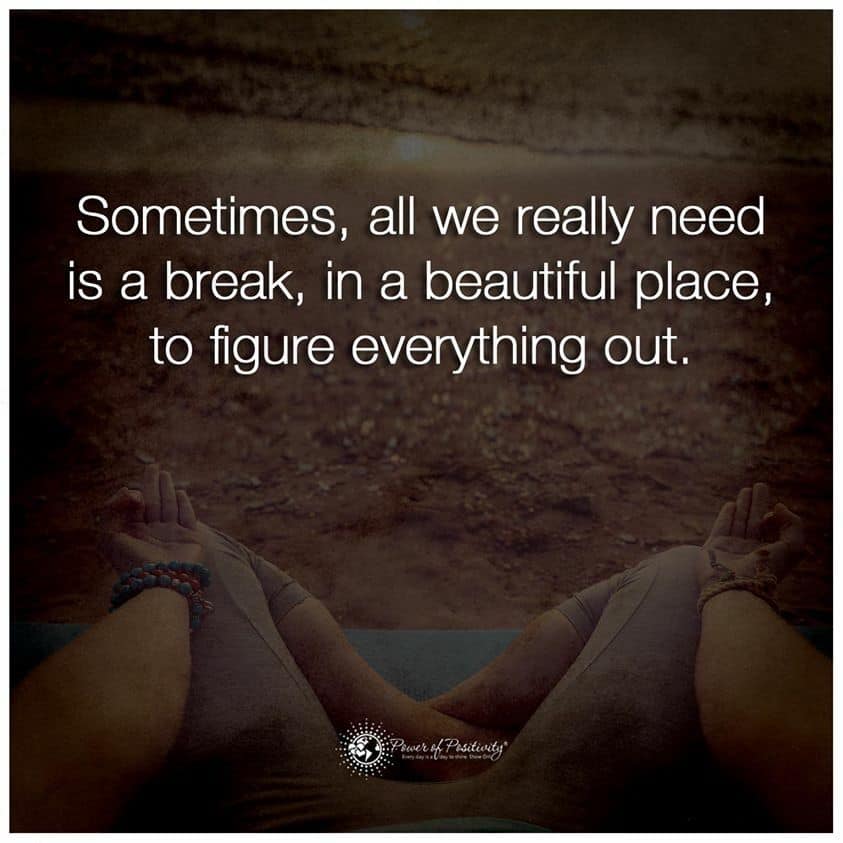The bulldozer parent is a relatively recent parenting style. Much like the heavy machinery that clears vast swathes of land, these parents push aside any obstacle, challenge, or discomfort in their child’s path.
While the intention is to create a smooth, unobstructed terrain for their offspring, the aftermath often resembles a barren wasteland. In their wake, they rob children of the rich experiences and lessons that shape character and resilience. But what drives parents to adopt this approach? Furthermore, what are the long-term implications for the children growing up in these cleared lands?
What Is a Bulldozer Parent?
The term “bulldozer parent” (or sometimes “lawnmower parent”) refers to a style of parenting where parents go to great lengths to prevent their children from facing obstacles, challenges, or hardships.
The concept of overprotective parenting isn’t new. Before “bulldozer” or “lawnmower” parents. Before them, we all knew a few “helicopter parents.” Those parents hovered over their children’s every move. But the bulldozer parent evolved from there, taking the involvement further by actively intervening in clearing hurdles for their little ones.
These parents “bulldoze” or “mow down” potential problems or barriers before their children encounter them. The idea is that these parents are trying to pave a smooth path for their children. As a result, they clear any potential difficulties out of the children’s way.
A Famous Example of a Bulldozer Parent
Consider the widely-publicized college admissions scandal that made headlines back in 2019. In this case, parents, including prominent Hollywood stars, took extreme measures to clear the path for their children’s college admissions.
They didn’t just help with homework or negotiate with teachers. Instead, they manipulated the system, using their resources to ensure their children got into elite institutions, regardless of merit. It wasn’t just about giving their kids a leg up. Instead, it became about removing potential obstacles entirely. They cleared these obstacles with total disregard for integrity and fairness.
Such actions deprived their children of the valuable experience of earning their place and set a concerning precedent about what is acceptable in pursuing success.
This scandal is an extreme example of the lengths to which bulldozer parenting can go and the potential societal consequences it can have.
What Are the Possible Unintended Consequences of a Bulldozer Parent?
While the intention might be to protect and provide for their children, critics argue that this parenting style can hinder a child’s development in several ways:
- Lack of Problem-Solving Skills: By not allowing children to face challenges, they may not develop the necessary skills to handle problems independently.
- Lack of Resilience: Facing and overcoming challenges can help children develop resilience. If they shield their kiddos from every difficulty, they might not learn how to bounce back from setbacks.
- Entitlement: Children might expect that all obstacles will be removed for them, leading to a sense of entitlement.
- Lack of Real-World Preparedness: The real world is full of challenges. Children who cannot handle these challenges might struggle on their own.
It’s worth noting that every parenting style has its pros and cons. Moreover, what works for one family might not work for another.
The term “bulldozer parent” is often used in a critical context. However, many parents exhibit these behaviors because of genuine concern and love for their children.
10 Behaviors That May Indicate Someone Is a Bulldozer Parent
These behaviors, often stemming from a place of love and concern, can hinder a child’s ability to develop independence, resilience, and problem-solving skills.
1 – Over-involvement in Schoolwork:
Children may develop a lack of confidence in their abilities. They might also miss out on the learning process, which includes making mistakes and learning from them. It can lead to anxiety about performance and a fear of failure.
Example: A mother completes her son’s science project to ensure he gets an ‘A’ rather than letting him do it himself and potentially make mistakes.
2 – Avoiding Allowing the Child to Face Natural Consequences:
Without experiencing natural consequences, children may not develop a sense of responsibility. They might also fail to understand the cause-and-effect relationship between actions and outcomes. That can lead to a lack of accountability in the future.
Example: A father always brings his daughter’s forgotten lunch to school, preventing her from experiencing the consequence of forgetting.
3 – A Bulldozer Parent Intervenes in Social Conflicts:
Children might not develop essential social skills, such as conflict resolution, empathy, and communication. They may also become overly reliant on others to solve their problems.
Example: When hearing that their child argued with a friend, the parent immediately calls the friend’s parents to resolve the issue rather than letting the children work it out.
4 – Making Decisions for the Child:
A bulldozer parent can stifle a child’s sense of autonomy and decision-making skills. They might also resent or feel that their desires and feelings are unimportant.
Example: A mother chooses her teenager’s college and major without consulting him, believing she knows best.

5 – Constantly Supervising Play:
Over-supervision can hinder creativity, exploration, and the development of independence. Children might also become overly cautious or anxious about trying new things.
Example: At the playground, a father hovers over his child, directing every move and interaction with other children to prevent potential conflict or injury.
6 – Shielding the Child from Emotional Discomfort:
Children of a bulldozer parent may not develop emotional resilience or coping skills. They might also struggle with handling disappointment, loss, or other negative emotions in the future.
Example: A parent immediately buys a new toy for their child when they see them upset about losing their old one instead of letting them process it.
7 – A Bulldozer Parent Handles Responsibilities the Child Could Manage:
This parenting style can delay the development of practical life skills and foster dependency. Children might feel incompetent or lack confidence in handling everyday tasks.
Example: A mother still ties her 10-year-old’s shoes daily, even though he can do it himself.
8 – Negotiating on Behalf of the Child:
Children might not learn to advocate for themselves or communicate their needs effectively. They may also feel entitled, expecting others to intervene constantly.
Example: A father argues with a soccer coach about his son’s playing time rather than encouraging him to discuss his concerns directly with the coach.
9 – Avoiding Setting Boundaries or Saying ‘No’:
Children might struggle with self-control, patience, and understanding limits without boundaries. It can lead to difficulties in social settings and a lack of respect for others.
Example: A parent always gives in to their child’s candy demands, even right before dinner, to avoid any potential tantrum.
10 – Rescuing the Child from Minor Failures:
Children might not learn the value of perseverance, hard work, or growth from overcoming challenges. They may also develop a fear of failure, avoiding risks or new experiences.
Example: When a child forgets to study for a test and gets a low grade, the parent petitions the teacher for a retake rather than letting the child learn from the mistake.
How to Refrain From Becoming a Bulldozer Parent
Realizing and accepting that one might engage in this behavior is the first step toward change. The desire to protect and provide for our children is natural. However, ensuring that this protection doesn’t hinder their growth is essential.
If you find yourself consistently clearing the path for your child, here are some expert-recommended strategies to help you shift gears:
Embrace Failure as a Teacher of Valuable Life Lessons:
- Why: Failure is uncomfortable. But it is also one of life’s most outstanding teachers. It builds resilience, teaches consequences, and fosters growth.
- How: Instead of stepping in to prevent every potential failure, allow your child to face challenges. When they do face setbacks, use them as teachable moments. Discuss what went wrong, how they feel, and how they can approach similar situations differently.
Promote Independence with Age-Appropriate Tasks:
- Why: Giving children responsibilities boosts their confidence and teaches them essential life skills.
- How: Start with small tasks. Young children can help with setting the table or tidying their rooms. As they grow, add to their responsibilities. For instance, you may develop a weekly chore chart.
Cultivate Problem-Solving and Decision-Making Abilities:
- Why: These skills are foundational for personal and professional success. They empower children to handle challenges and make informed choices.
- How: When your child comes to you with a problem, resist the urge to provide an immediate solution. Instead, ask open-ended questions like, “What do you think you should do?” or “How do you feel about this situation?” That encourages them to think critically and come up with solutions.
Seek a Balanced Approach to Parenting:
- Why: While guidance and support are vital, it’s equally important to let children explore, make mistakes, and learn from them.
- How: Set boundaries, but within those boundaries, allow freedom. For instance, you might set a study time for your child but let them decide how they want to structure that time. Or, you could provide guidelines for a project but let them decide the specifics.
Final Thoughts on the Bulldozer Parent
The bulldozer, with its sheer power and determination, can indeed transform landscapes in an instant. But in its wake, it often leaves destruction, stripping the land of its natural contours, challenges, and beauty. Similarly, while rooted in love and protection, bulldozer parenting can inadvertently rob children of the experiences that foster growth, resilience, and self-awareness.
As we reflect on our parenting choices, we must ask ourselves: Are we genuinely paving a path to success? Or are we leaving behind a barren terrain that lacks the richness of life’s lessons?
It’s a delicate balance. But it is one worth striving for. Ultimately, it’s up to parents to ensure their children can navigate smooth roads and rugged terrains that truly test and define character.

